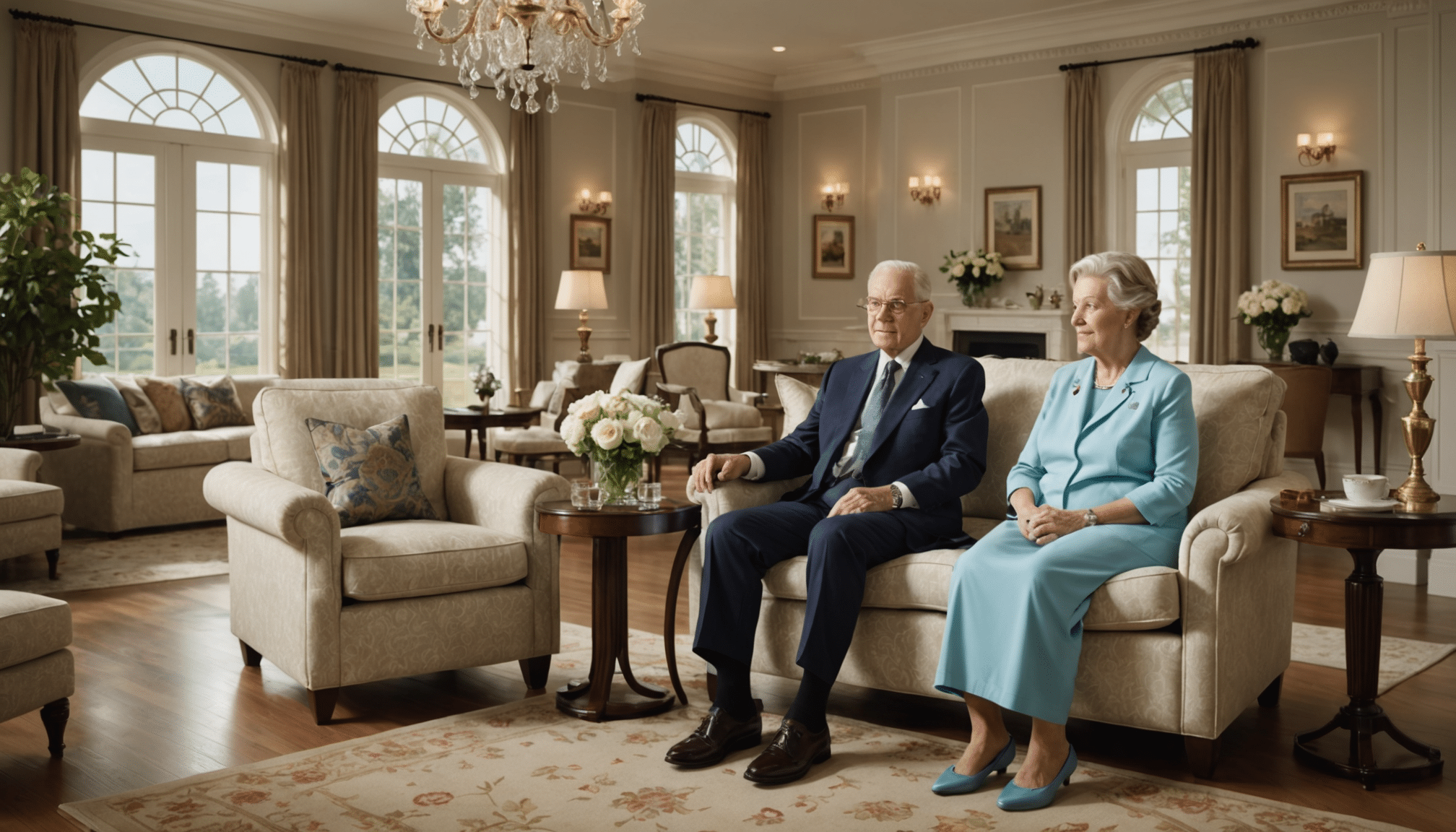The health gap between the richest and poorest seniors continues to widen, revealing alarming disparities in access to healthy living conditions. Recent figures highlight a troubling reality: while some live in comfort, others suffer from poor health, illustrating the consequences of socioeconomic inequalities. Diseases and healthy life expectancy reflect a growing imbalance, particularly affecting the most vulnerable generations. Thus, a crucial question arises: how can we combat these inequalities and ensure a fairer future for all?
Recent data reveals that the health gap between the richest and poorest seniors is continuing to widen. Indeed, men living in the most advantaged areas enjoy a healthy life expectancy that exceeds that of their counterparts in disadvantaged areas by nearly 18 years. Women are also facing a similar situation, confronting a growing precariousness in health, which begins to affect a significant part of their working lives from their fifties. The COVID-19 pandemic has exacerbated these inequalities, underscoring the importance of taking action to ensure a better future for our elders, especially for the most vulnerable.

Table des matières
ToggleThe growing health gap between rich and poor seniors
A recent report revealed that health disparities among seniors in England continue to deepen, widening the gap between the richest and poorest. The figures show a significant difference in healthy life expectancy, reaching up to 18 years between socioeconomic groups. The situation is alarming, as it underscores that the quality of life of elderly individuals is often conditioned by their financial situation and place of residence.
Causes of the health gap
Thus, living conditions play a crucial role in this evolution. Seniors from disadvantaged backgrounds tend to encounter health issues earlier, often at the beginning of their working life. Inequalities in care and access to health contribute to this unbalanced situation. Furthermore, the environments in which they live, often less favorable, do not aid their overall well-being, further worsening their health condition.
Impact on public policies
Public policies must take into account this growing gap. The necessity for a detailed strategy regarding the health of seniors has become a crucial issue. Decision-makers are called upon to seriously reflect on this problem to ensure a more equitable distribution of health resources. This approach could help reduce existing inequalities and improve the daily lives of the most disadvantaged elderly individuals.
The increasing health gap between rich and poor seniors
Recent data reveals an alarming insight: the health gap between the richest seniors and those from deprived backgrounds continues to widen. This phenomenon can be explained by several factors, notably socioeconomic inequalities, which considerably influence access to care and a healthy lifestyle.
Seniors living in privileged conditions enjoy a healthy life expectancy that is significantly higher than that of their peers from less advantaged backgrounds. Indeed, figures show they can expect to live several more years free from chronic illnesses or health complications. In contrast, most seniors in disadvantaged areas begin to encounter health problems well before retirement age, impacting their quality of life and autonomy.
This situation highlights the importance of investing in public policies aimed at reducing these inequalities. Access to quality health should be a priority to ensure that all seniors, regardless of their income level, can live their old age in decent health. A lack of financial resources should not condemn someone to a poor quality of life. Regional disparities further exacerbate this issue, leaving many vulnerable individuals behind.
It is imperative to consider these disparities in the formulation of new public health strategies and to focus attention on the most affected populations. Everyone deserves a fair chance to live a long and healthy life, regardless of their economic situation.








